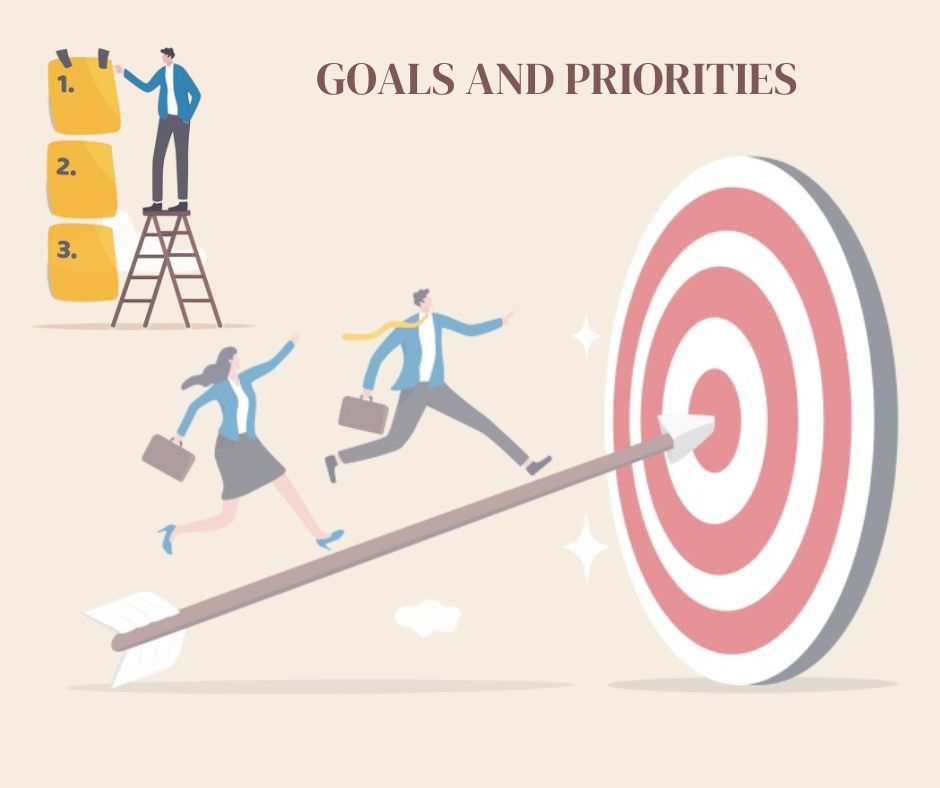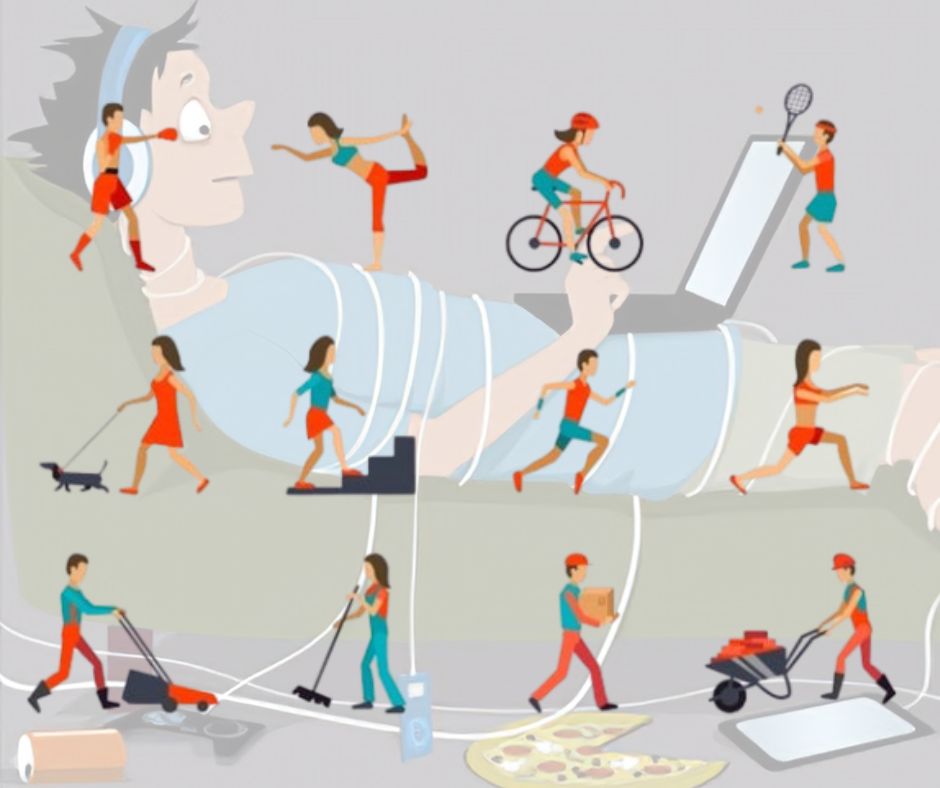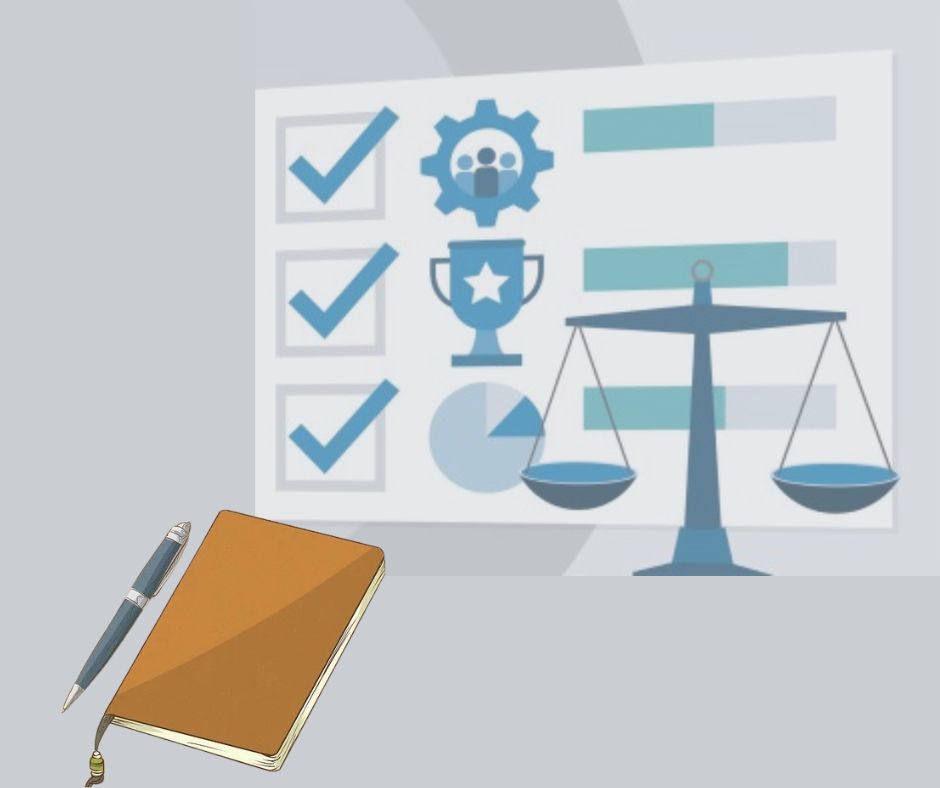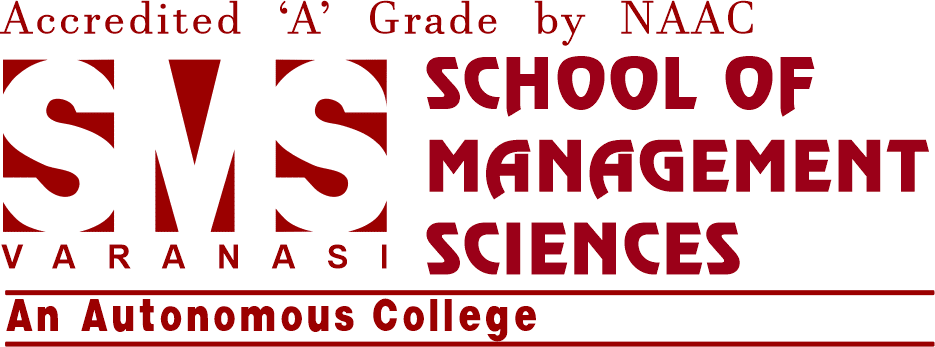In this digital era in which will live today, there are constant distractions. Emails call for instant attention, social media entices with continuous scrolling, and smartphones buzz with notifications. Therefore, it can be difficult to maintain focus in the face of these distractions for both professionals and students. This blog will explore practical methods to prevent digital distractions and promote learning that is focused.
Understanding Digital Distractions
Any disruptions to our attention brought on by electronic devices and online content are referred to as digital distractions. The common sources consist of:
- Smartphones: Notifications from the apps, messages, and phone calls.
- Social Media: Platforms such as Facebook, Instagram, and Twitter.
- Emails and Messages: A continuous flow of communication.
- Online Entertainment: Videos, games, and streaming services.
Because the human brain is designed to respond to new stimuli, it is challenging to ignore these distractions, which reduces productivity and results in poor learning outcomes.
The Impact of Digital Distractions on Learning

The digital distractions can widely impact learning by the following:
- Reducing Attention Span: It is actually difficult to stay focused on a single task when there is a constant distraction around you.
- Decreasing Retention: Information is superficially processed when there is fragmented attention.
- Increasing Stress: Stress and cognitive overload are the possible results of constant multitasking.
- Lowering Productivity: Rather than working and completing efficiently on one task, more time is spent on switching between tasks.
In order to create strategies that effectively reduce the digital distractions, it is important to comprehend the impact they have.
Strategies for Combating Digital Distractions
Following are the strategies for combating digital distractions:
Create a Dedicated Study Space
Focus may be much enhanced with a study area that is well-organised and free from any distractions. Make sure everything is comfortable, quiet, and free from unnecessary gadgets. It is easier to stay focused and feel less mentally exhausted in a clutter-free environment. Make an ergonomic furniture purchase to ensure comfort during extended study sessions, and take into account the lighting to reduce eye strain.
Set Clear Goals and Priorities

It is important to establish clear, achievable goals before beginning a study session. Break down the complex jobs into smaller, more manageable ones. Setting priorities for your task keeps you focused and gives you a sense of accomplishment as you complete each one. Establishing objectives that are specific, measurable, achievable, relevant, and time-bound (SMART), for instance, might be facilitated by applying the SMART criterion.
Implement a Digital Detox
Regularly schedule periods of digital detox. This can be as simple as turning off notifications, using airplane mode, or completely disconnecting from the internet for a set period. Digital detox helps in resetting your brain and reducing dependency on digital devices. During these detox periods, engage in offline activities like reading a book, going for a walk, or spending time with family and friends.
Practice Mindfulness and Meditation
It is possible to improve concentration and reduce the impulse to check digital devices by practising mindfulness and meditation techniques. By mindful meditation, gradual muscular relaxation, and deep breathing practices, it can be easier to stay present and focused. Furthermore, with the help of apps like Calm and Headspace, you can easily include guided meditations into your everyday routine.
Establish a Routine
A structured environment that is favourable to learning may be created with the aid of a consistent daily schedule. Allocate specific times for learning, rest periods, and leisure activities. Establishing a routine reduces the risk of giving in to distractions and promotes discipline. Furthermore, a positive way to start the day is to create a morning schedule that includes things like working out, having a healthy meal, and organizing your schedule for the day.
Engage in Physical Activity

Physical activity is one of the best ways that benefit physical health as well as improve mental well-being. Regular exercise can help you improve focus, lower stress, and boost your energy levels. Walking, jogging, and yoga are all activities that may be included in your daily routine. Exercise helps in the production of endorphins, which are natural mood enhancers that help you stay positive and focused.
Practice Self-discipline
To overcome the digital distractions, self-discipline is one of the essential parts. As it is related to using digital gadgets, that establishes personal boundaries. Establish specified hours, for instance, to check your social media and email accounts. Furthermore, self-control will eventually turn into a habit that will make maintaining easier to stay focused. Managing time effectively can also be aided by time-blocking techniques, in which you set up specific time blocks for different tasks.
Seek Support and Accountability
Share with your loved ones, study groups, and friends about your objectives and challenges. Motivating and supporting oneself may be obtained by having an accountability partner. Additionally, consider participating in online groups or forums that emphasize concentrated study and productivity. Being a part of a group that has similar objectives may offer support and valuable advice.
Reflect and Adjust

It is important to review your progress on a regular basis and modify your plan of action accordingly. Also, always remember that one person’s solution may not be good for another’s. It is possible to determine which techniques are beneficial as well as effective and which ones require modification by engaging in ongoing self-assessment. Maintain a journal to track your progress, identify any distractions you come across, and come up with countermeasures.
Conclusion
To achieve focused learning and maximize productivity, it is imperative to combat digital distractions. People may establish a setting that is favourable for learning by being aware of the causes and effects of these distractions and putting good and effective strategies into practice. Keep in mind that persistence and consistency are essential. Digital distractions may be managed with the appropriate strategy, which will increase overall well-being, improve learning outcomes, and improve focus.
It could take some time and effort to incorporate these strategies into your daily routine, but the benefits of improved productivity and focus are priceless. You’ll soon discover that you have more control over your digital environment and are better able to meet your learning goals if you begin small and use these strategies gradually.

